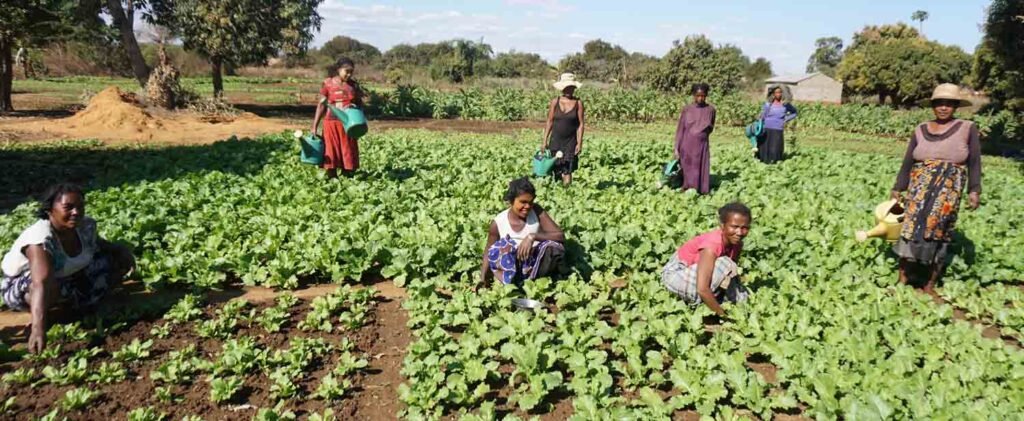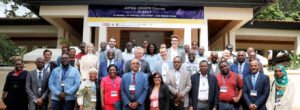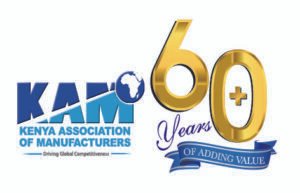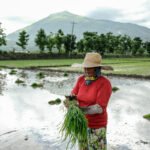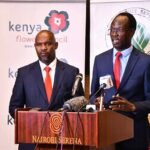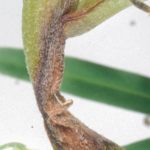In Madagascar, a project co-funded by the African Development Fund has given new impetus to agricultural activity in the South-West region. Photo Credit: AfDB
By Murimi Gitari, February 20, 2023, The South-West Region Agricultural Infrastructure Rehabilitation Project, , in Madagascar funded by the African Development Bank Group, has provided a new boost to agriculture, resulting in enhanced farmers’ incomes, according to the project completion report published on 11 January 2023.
The project recorded significant achievements that include increased production, rehabilitated lowlands, strengthened value chains and others.
The African Development Fund the concessional lending window of the African Development Bank Group, funded the project with $25.02 million with the Nigeria Trust Fund, one of the three entities of the Bank Group, contributed $9.49 million and the Global Environment Facility, a multi-donor fund administered by the bank, contributed $5.9 million.
Implemented between 2013 and 2021, the project saw rice yields in the Bas-Mangoky farming area increase from 3.1 to 5.3 tonnes per hectare. The Ranozaza and Bezaha farming areas now produce 3 tonnes of rice per hectare, compared to 2.4 tonnes previously. Lima bean yields have reached 1.2 tonnes per hectare, compared to 0.6 tonnes ten years ago.
This boost in yields helped raise the average income of farmers from $415.67 in 2014 to $478.04 in 2021.
Adam Amoumoun, the bank’s Country Manager in Madagascar said that the Madagascar government’s collaboration with the African Development Bank has borne fruit and the operation has boosted agricultural productivity and raised farmers’ incomes in the South-West region of Madagascar.
“The South-West region is a rice granary for the country and will be the main supplier of the Tulear agro-industrial park, which is being built with financing from the Bank,” he said.
The project entails building major canals in Bezaha and Ranozaza, with 37 km of roads and providing 14,190 hectares of irrigated land. A 40 km protective dike was rehabilitated in the Bas-Mangoky area to prevent floods. It also provided protective grassing for several hectares of land against floods and erosion. The project also helped develop climate-resilient pre-basic seeds and assisted farmers in adopting resilient agricultural practices. It also fostered improved land management. At least 75% of the region’s farmers now have land titles.
The report notes: “The Manombo Ranozaza farming area has become accessible at all seasons, making it possible to haul produce to the local market or the city of Tulear without any major constraints,” concludes the document.

